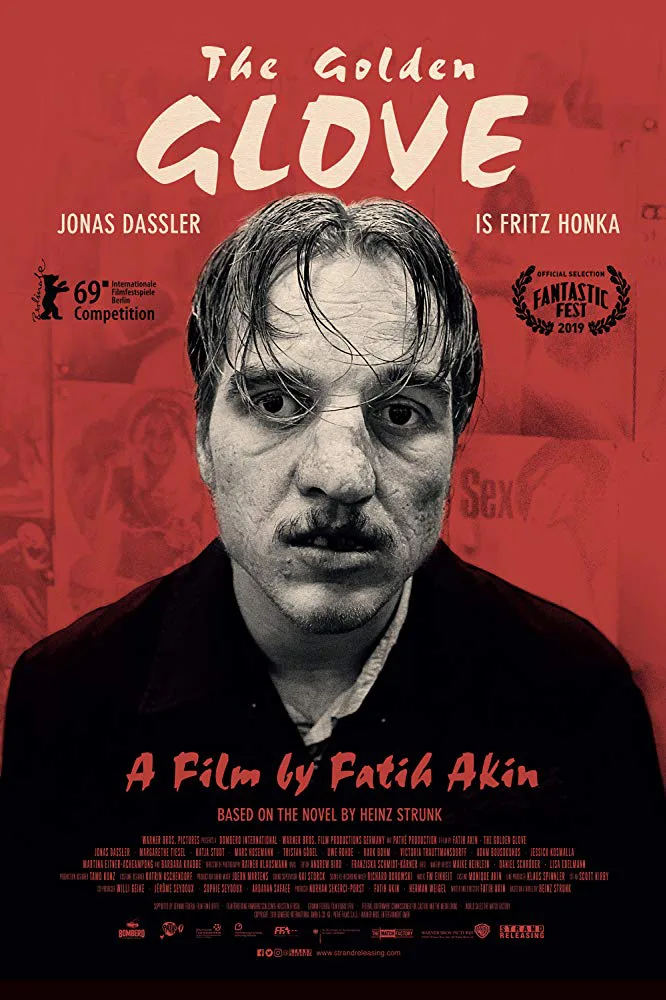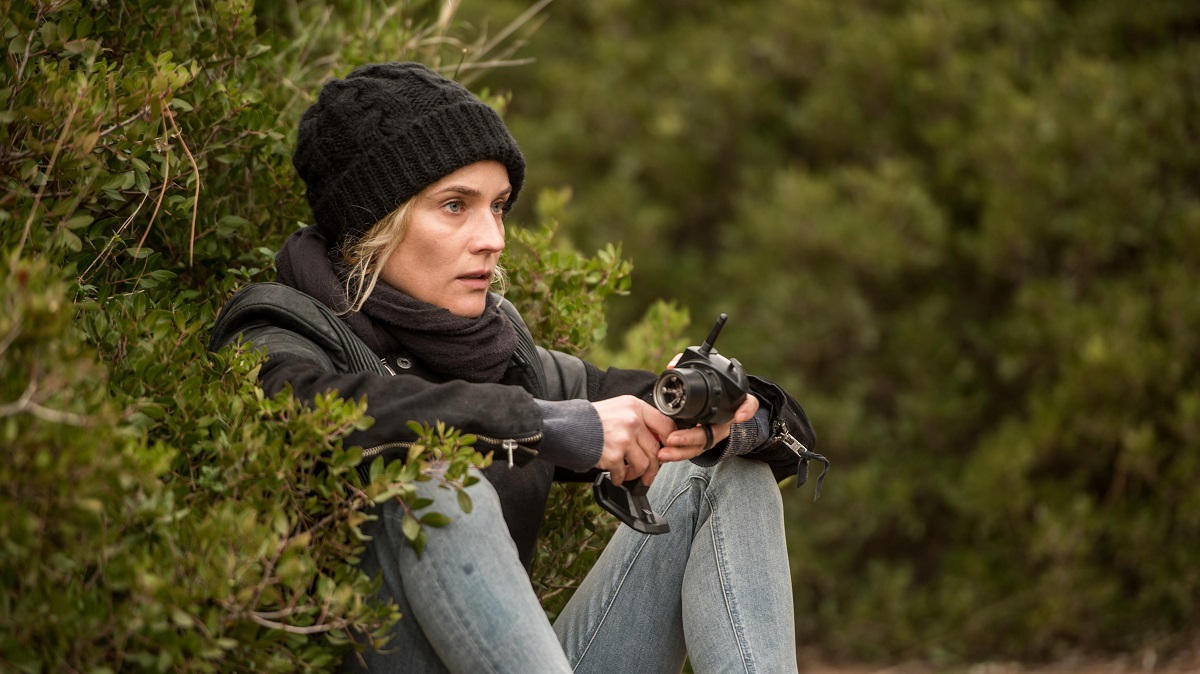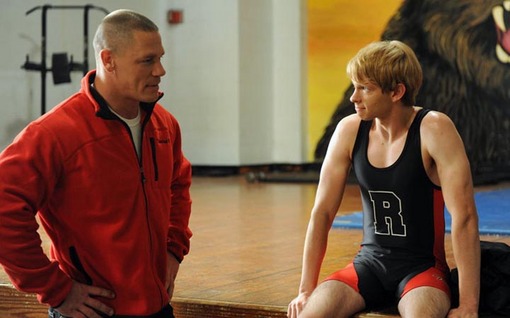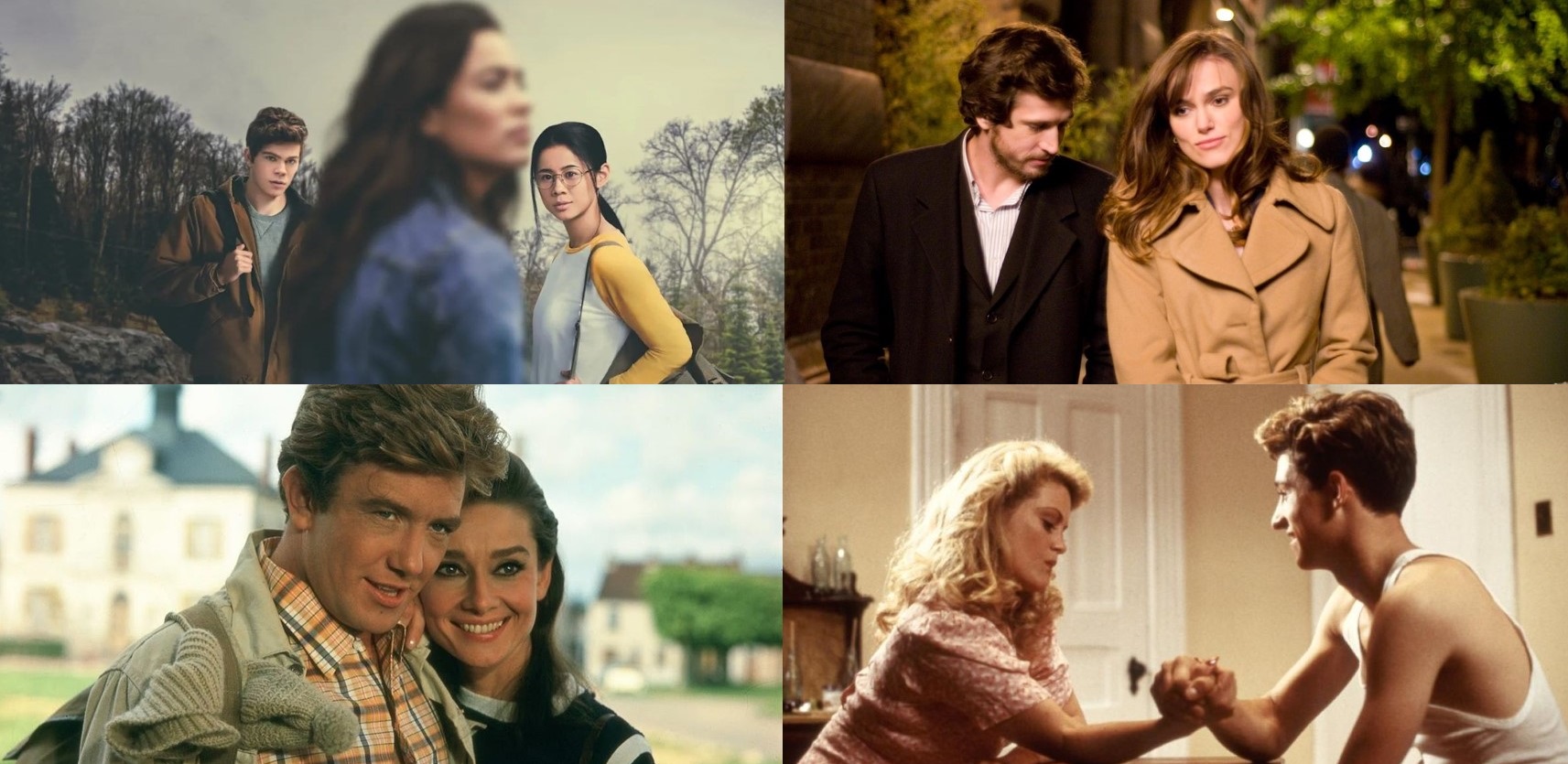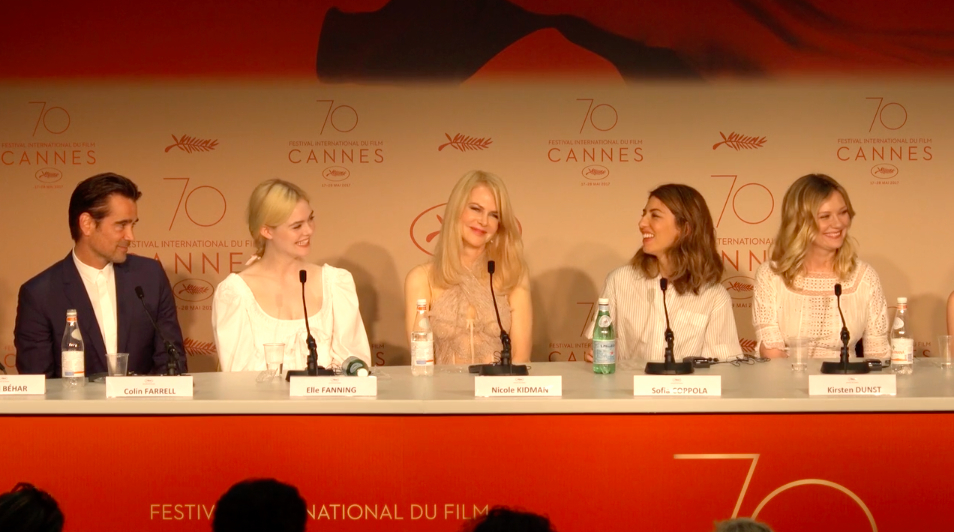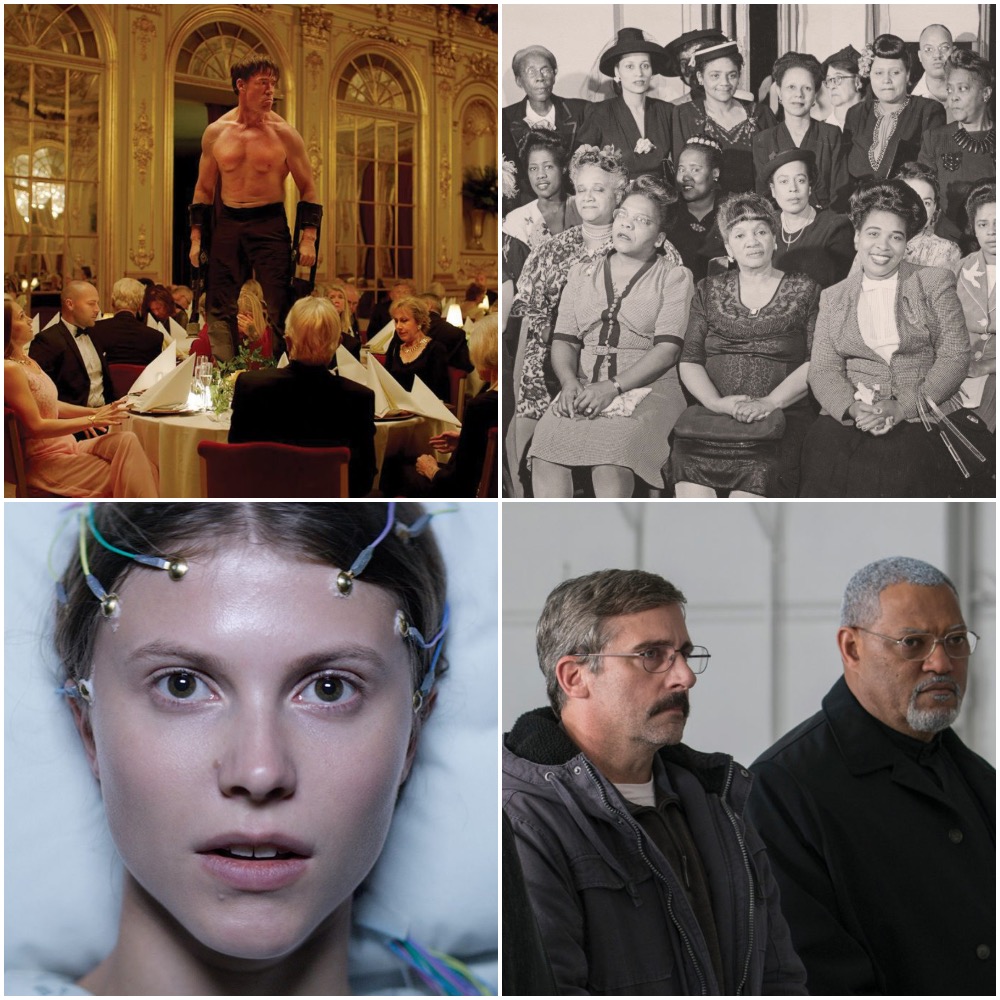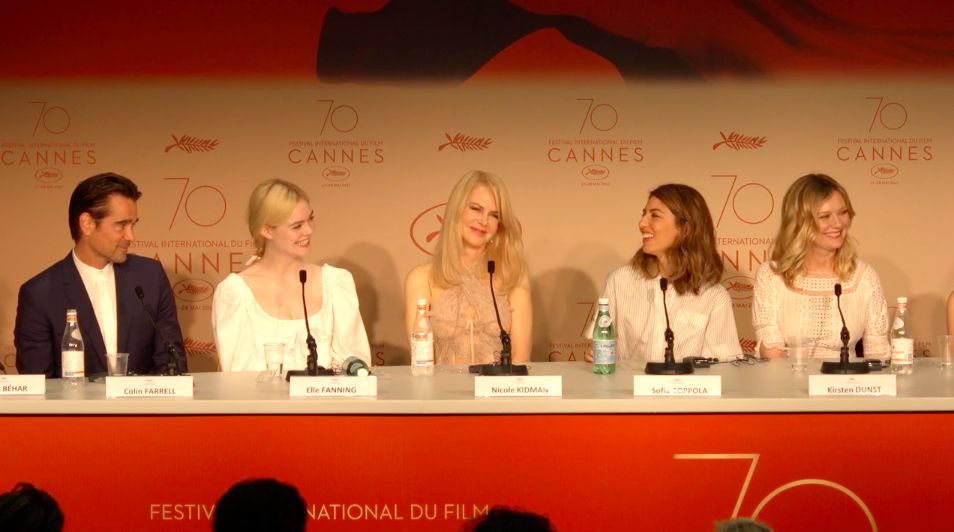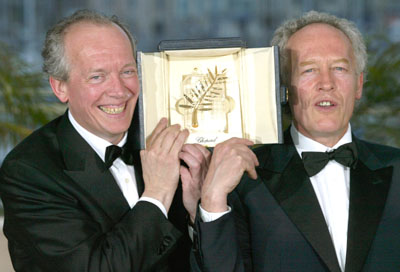Blog Posts That Mention Fatih Akin
Cannes 2017: “In the Fade,” “You Were Never Really Here,” “Directions”
Barbara Scharres
Favorite movies of 2009 movie: The commentary track
Jim Emerson
“Big men in tights!”
Jim Emerson
Palm Springs Film Festival Announces 2026 Lineup
The Editors
Cannes 2025: The Plague, The Mysterious Gaze of the Flamingo, Amrum
Brian Tallerico
Cannes 2025 Announces Lineup with New Films by Ari Aster, Kelly Reichardt, Julia Ducournau, Richard Linklater, Wes Anderson and More
Brian Tallerico
9 Underrated Romantic Movies for Valentine’s Day This Year
The Editors
Cannes Flashback: The Beguiled, Good Time, In the Fade and More
Chaz Ebert
CIFF 2017 Preview: 45 Films to See
Peter Sobczynski
Cannes 2017 Video #5: “The Beguiled,” “Good Time,” “In the Fade” and More
Chaz Ebert
Cannes 2017: Ruben Ostlund’s “The Square” wins Palme d’Or
Ben Kenigsberg
Cannes 2017: Palme d’Or predictions
Ben Kenigsberg
Cannes Film Festival 2017 Preview
Barbara Scharres
The year’s best foreign films (I hope they play in your state)
Roger Ebert
The Return of the Autobiographical Dictionary of Film
Jim Emerson
jim’s annotated best favorite movies of 2008 part 2
Jim Emerson
Jones, July, Jarmusch & Cannes gold
Roger Ebert
Popular Reviews

The best movie reviews, in your inbox
